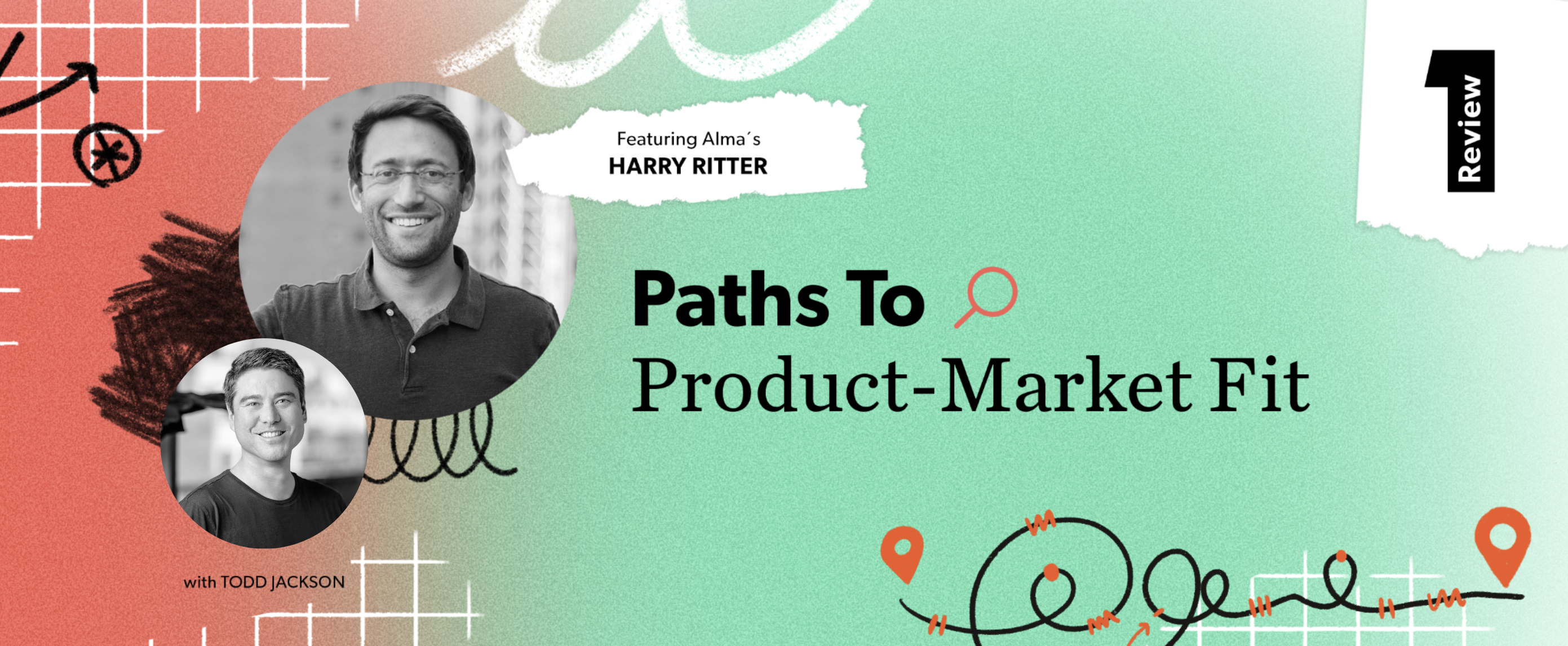Must Read
Harry Faces Criticism for Speaking on Mental Health Despite Lack of Qualification
Prince Harry's recent comments about the benefits of resignations for mental health have sparked controversy, with some questioning his qualifications to speak on the matter.
The Duke of Sussex, 37, participated in a Q&A session with Fast Company, a prominent U.S. business magazine, where he discussed his role as chief impact officer at BetterUp, a California-based mental health startup.
During the interview, which was published on Monday, Harry highlighted the increasing number of resignations following the COVID-19 pandemic, attributing them to burnout and a desire to prioritize mental well-being.
Acknowledging that these issues have been brewing for some time, Prince Harry emphasized the importance of mental health awareness and initiating conversations.
He stated, “We're just at the beginning of the mental health awakening.
This work on mental health has never been more important because people are finally paying attention, and a big component of this mission is building awareness and continuing to pioneer the conversation.”
Prince Harry has been open about his own struggles with mental health, particularly in relation to the tragic and sudden death of his mother, Princess Diana.
In a 2017 campaign aimed at raising awareness for mental health, Harry revealed, “Losing my mom at the age of 12 and shutting down my emotions for the last 20 years has had a serious effect on my personal life and work.”
He further explained that he believed thinking of his mother would only make him sad and not bring her back, leading him to suppress his emotions.
Earlier this year, Harry discussed his mother's death in the mental health docu-series titled “The Me You Can't See,” which he co-produced with Oprah Winfrey.
In the series, he admitted to not processing his mother's death due to overwhelming anger, eventually seeking help from a therapist.
Despite receiving praise for his mental health advocacy, Prince Harry faced criticism from commentator Jonathan Sacerdotti following his recent interview.
Sacerdotti argued that Harry's personal experiences and seeking help from a mental health professional do not qualify him to pioneer conversations on the topic.
Sacerdotti stated, “He talks of the mental health awakening as if mental health and psychology are somehow new discoveries.
He may personally be adjusting to a newfound awareness of mental illness and trying to achieve happiness, but his talk of wanting to pioneer the conversation just sounds a bit flat.
As far as I know, he isn't qualified or trained in the field of psychology or psychotherapy.”
It is worth noting that both Prince Harry and his wife Meghan previously cited their mental health as a significant factor in their decision to step back from royal duties.
During their interview with Oprah Winfrey in March, Meghan shared her struggles with suicidal thoughts, admitting, “I just didn't want to be alive anymore.”
Since their departure from the royal family, the couple has relocated to California, where they lead a financially independent lifestyle with their two children, Lilibet and Archie.
They have also secured lucrative deals with streaming giants Netflix and Spotify while continuing their philanthropic efforts through the Archewell Foundation.
The COVID-19 pandemic has given rise to a new trend known as the “Great Resignation,” particularly prevalent in Western countries like the United States.
Many employees are voluntarily leaving their jobs to prioritize their mental health.
Prince Harry expressed support for this movement, stating that leaving a miserable job can be beneficial for one's well-being.
Reflecting on the resignations during the pandemic, he emphasized that self-awareness often leads to the need for change.
In conclusion, Prince Harry's comments on mental health and the Great Resignation have sparked both praise and criticism.
While he has been lauded for raising awareness and sharing his own experiences, some question his qualifications to lead the conversation on such a complex and nuanced topic.
Regardless, the discussion surrounding mental health continues to evolve, and Prince Harry's involvement adds another dimension to the ongoing dialogue.




















